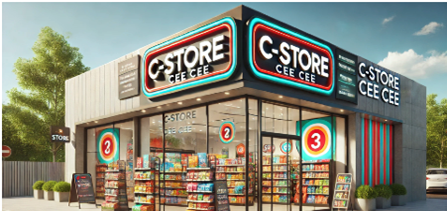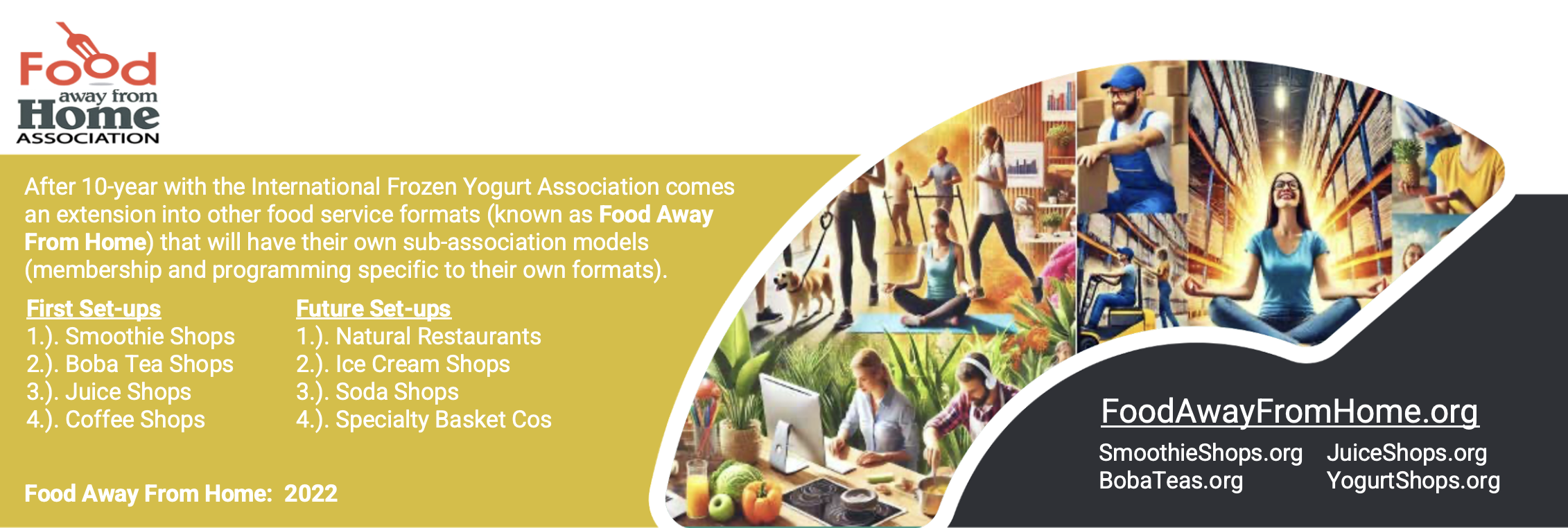


Sales Brokers specializing in convenience store (C-store) retail formats in the U.S. play a critical role in helping brands secure placement in one of the fastest-moving retail sectors. These brokers operate at local, regional, and national levels, working with independent convenience store operators, major C-store chains, and franchise locations to ensure brands gain visibility in high-traffic, on-the-go retail environments. Many C-store brokers extend their expertise beyond convenience retail to related formats such as supermarkets, mass merchants, and travel centers, helping brands create multi-channel distribution strategies. Platforms like RetailFormats.com provide additional insights into cross-category retail expansion, allowing brands to align their offerings with consumer demand trends, category management strategies, and in-store promotional programs tailored for impulse-driven purchases.
Sales brokers in the C-store sector work across a wide variety of formats, ensuring product placement in traditional convenience stores, truck stops, travel plazas, highway service stations, urban bodegas, and college bookstores. These brokers also help brands navigate niche convenience formats, including airport convenience shops, hotel lobby stores, casino retail outlets, and military base convenience stores. They collaborate with key distributors such as McLane, Core-Mark, Eby-Brown, H.T. Hackney, and GSC Enterprises, which supply thousands of independent and chain-operated C-stores nationwide. Because convenience retail relies on high turnover, strategic merchandising, and limited shelf space, brokers help brands optimize packaging, pricing, and promotional tactics to succeed in these fast-moving retail locations.
The Importance of Sales Brokers in Convenience Store Formats
Sales brokers are essential for brands looking to break into and expand within the C-store sector, where product placement and merchandising must cater to impulse purchases, grab-and-go convenience, and localized consumer preferences. Unlike traditional retail, convenience stores operate on just-in-time inventory models, meaning brands must ensure consistent distribution, competitive pricing, and strategic promotions to drive sales. Brokers play a key role in securing shelf space, coordinating with distributors, and managing retail relationships, ensuring brands remain top-of-mind for C-store operators and customers alike. Their expertise in category trends, product placement, and supply chain logistics makes them indispensable partners for brands aiming to thrive in the competitive and fast-paced convenience retail environment.
National Association of Convenience Stores (NACS)
1600 Duke Street,
Alexandria, VA 22314
(703) 684-3600
www.convenience.org
National Association of Truck Stop Operators (NATSO)
1330 Braddock Place, Suite 501,
Alexandria, VA 22314
(703) 549-2100
www.natso.com
American Association of Truckstop Operators (AATAC)
2055 N Brown Rd, Suite 110,
Lawrenceville, GA 30043
(404) 481-3819
www.aatac.co
National Association of College Stores (NACS)
500 E Lorain St, Oberlin, OH 44074
(800) 622-7498
www.nacs.org
New England Convenience Store & Energy Marketers Association (NECSEMA)
1044 Central St, Suite 203,
Stoughton, MA 02072
(781) 297-9600
www.necsema.net
Petroleum & Convenience Marketers of Alabama (P&CMA)
100 N Union St, Suite 382,
Montgomery, AL 36104
(334) 272-3800
www.pcmala.org
Ohio Petroleum Marketers & Convenience Store Association (OPMCA)
17 S High St, Suite 810,
Columbus, OH 43215
(614) 947-8646
www.opmca.org
Virginia Petroleum, Convenience and Grocery Association (VPCGA)
7275 Glen Forest Dr, Suite 204,
Richmond, VA 23226
(804) 282-7534
www.vpcga.com
Western Petroleum Marketers Association (WPMA)
801 N 500 W,
West Bountiful, UT 84087
(801) 292-2333
www.wpma.com
